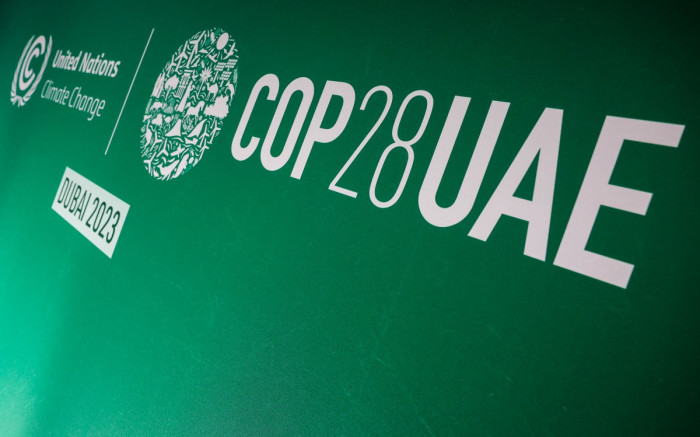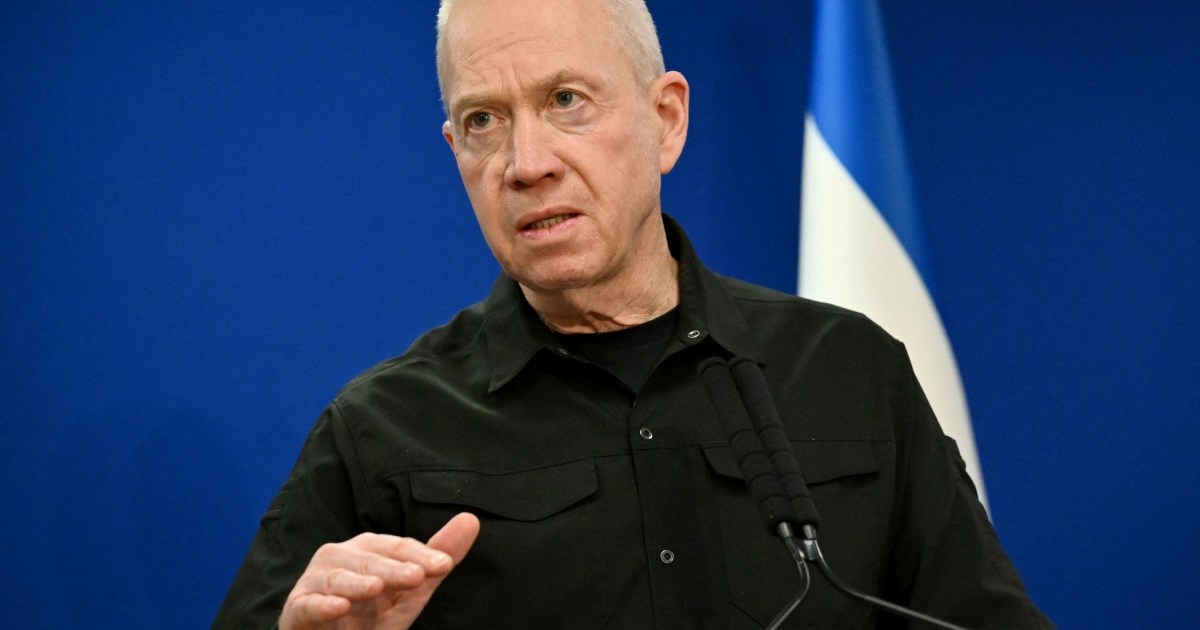
Fighting in Sudan has spread to the outskirts of a major city that is a refuge for displaced people and a hub for aid groups, threatening to open another deadly front an eight-month war that has devastated Africa’s third largest country.
The Sudanese army and rival paramilitary Rapid Support Forces have converged on the outskirts of Wad Madani, a town about 100 miles southeast of the capital Khartoum where tens of thousands of people fled after war began in April.
On Saturday morning, residents said army planes could be heard flying over the city, with at least a neighborhood nearby came under air attack. Many shops and businesses were closed and some residents piled their belongings onto buses and rickshaws as they prepared to leave the city.
“People are really scared,” said Faiz Mohamed, who fled Khartoum and was now heading to Port Sudan, a city on the Red Sea.
The paramilitary Rapid Support Forces have consolidated their control over the Darfur region to the west in recent months – despite these gains came at a cost from brutal ethnic violence.
Heavy gunfire was heard in several parts of Wad Madani’s suburbs on Friday, with heavy fighting continuing throughout the afternoon, according to witnesses and aid workers. At least two people were killed According to local civilian groups, several other people were injured in the violence The resistance committees.
Following those clashes, the governor of El Gezira state, a key breadbasket whose capital is Wad Madani, announced a 6 p.m. to 6 a.m. curfew, the Sudan News Agency reported reported. The United Nations said all humanitarian field operations in the state were suspended until further notice.
Linda Thomas-Greenfield, the U.S. ambassador to the United Nations, said Saturday she was “deeply concerned” about reports of the paramilitary group attack on the city. “I call on the RSF to refrain from attacks and call on all parties to protect civilians at all costs,” she said said in a statement on social media.
The fighting could be a harbinger of a new front line in the war that has gripped Sudan since April 15, when rival military factions began squabbling over who will determine the northeast African country’s future.
Over 10,000 people attended Reportedly killed and thousands more were injured, and experts believe the actual death toll is much higher. Almost 18 million of the country’s 46 million inhabitants are faced with acute hungerAccording to the United Nations, there were almost seven million people displaced in the conflict.
Peace efforts supported by the United States and several East African countries were unsuccessful, with both sides claiming they were capable of achieving complete victory.
Since April 15, nearly 500,000 people have fled to Wad Madani and wider Gezira state, many of them arrive out of Khartoum and the adjacent towns of Bahri and Omdurman. As the influx overwhelmed local services and drove up the price of food, fuel and housing, dozens of local and international aid organizations also relocated and quickly began operating there.
According to observers, the city is now threatened with war.
This was announced by the paramilitary Rapid Support Forces a statement On Friday, she said her goal was to “eradicate” the army and that she was committed to “ensuring the safety and well-being” of the state and city’s residents.
In early December, Secretary of State Antony J. Blinken noted that both warring parties had committed war crimes. He also accused the paramilitary forces and their allies of committing ethnic cleansing and crimes against humanity.
And in Wad Madani, residents said they felt anything but safe given recent developments. Humanitarian organizations are scrambling to provide food and water to thousands of people fleeing violence and arriving in neighboring Sennar state.
Because of funding constraints and potential supply shortages, aid workers say it will be difficult to muster their meager resources to support so many people who are now doubly displaced.
“Aid operations remain at risk, but we must stay and deliver as much as we can,” said Will Carter, the Sudanese director of the Norwegian Refugee Council, which has 28 staff in Wad Madani. “People have fled to these sanctuary cities for help, and now they face a terrible future.”






Recent Comments